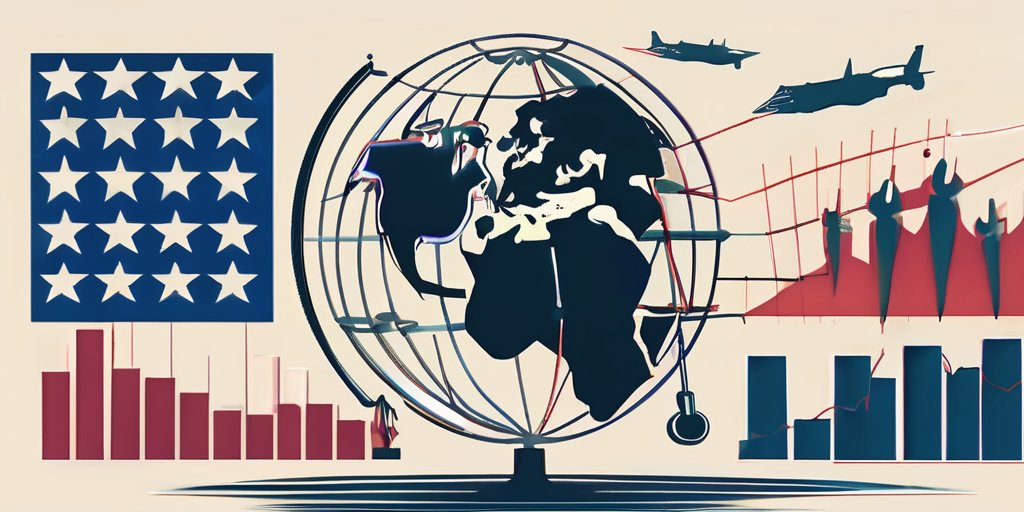In a recent NATO summit, leaders gathered to discuss a significant increase in defense spending, prompted largely by President Donald Trump’s consistent demands for greater financial commitment from alliance members. Currently, nearly a third of NATO’s 31-member countries have not met the previously established defense spending target of 2% of GDP.
The new ambitions place the target at 5%, encompassing ‘core defense’ alongside related security areas, reflecting an urgent need to bolster military capabilities amid rising global threats, particularly from Russia. Recent NATO reports indicate that nine members have fallen short of the existing 2% benchmark, with Spain identified as the lowest spender at just 1.2%. Trump has openly criticized Spain’s low commitment, deeming it ‘notorious’ in this regard, as he pushes for fairer financial contributions among allies.
Rachel Ellehuus from the defense think tank RUSI notes a geographical disparity in spending within NATO, with northern and eastern allies, closest to Russian aggressions, increasing their military budgets more substantially than their southern counterparts.
The 2% target, although not legally binding, has sparked intense political pressure from Trump, who has outlined that non-compliance may result in the U.S. reassessing its protective commitments to those nations. Trump’s stance has prompted many nations to reassess their military budgets, resulting in cumulative increases across the alliance from 1.4% of GDP in 2014 to the current 2% in 2024, even amidst national variances.
Spain’s Prime Minister, Pedro Sánchez, has pledged to raise his country’s defense spending to 2% by 2025, yet he faces local opposition to higher military expenditure. The Spanish perspective highlights a shift from previous military strategy prioritizing disaster response over traditional defense roles, a sentiment echoed by other nations.
Looking at the defense budgeting behavior continuing into 2025, countries like Canada have committed to reaching the 2% goal by the year 2030, while Belgium and Portugal are now on accelerated paths to meet spending goals sooner than previously anticipated. Italy, similarly, aims to elevate its budget to meet NATO expectations.
NATO Secretary-General Mark Rutte recently commended Trump for his influence on member nations’ spending, signifying a collective shift towards enhancing defense capabilities amid a more precarious international landscape. Rutte further noted on Truth Social that such financial commitments could lead to substantial gains for Europe’s overall security posture. As NATO prepares for these changes, the focus will be on achieving military readiness in a fast-evolving geopolitical context.
